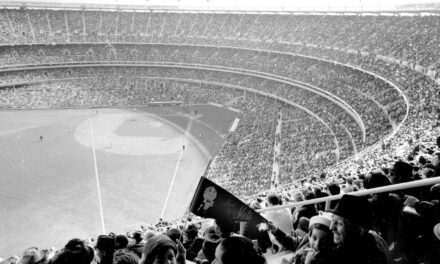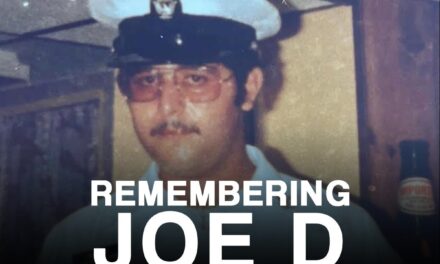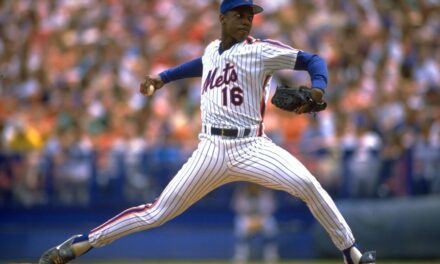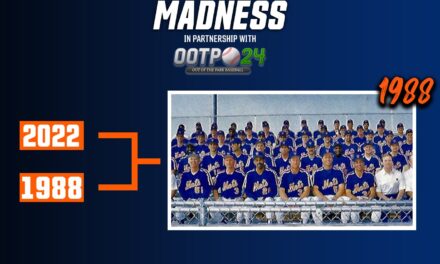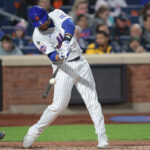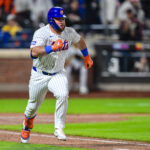Robin Ventura finished his major league career with 18 grand slams. But it’s a hit that only looked like a grand slam which is his signature Mets moment and a unique ending to a 15-inning, five-hour and 46-minute postseason classic.
For a team that spent three weeks walking a tightrope, Game 5 of the National League Championship Series against the rival Atlanta Braves was the latest (and most dramatic) example of the Mets’ ability to avoid elimination.
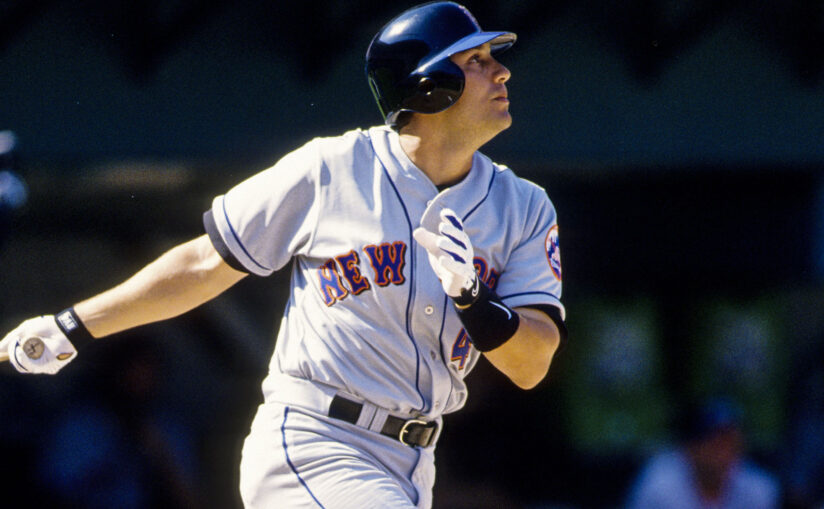
New York staved off a sweep in Game 4 with a bottom-of-the-eighth-inning rally, highlighted by a John Olerud single. Olerud opened the scoring the next afternoon with a two-run first-inning homer off Greg Maddux. Atlanta responded and tied it in top of the fourth, but bats on both sides went silent. The 2-2 deadlock last into extra innings. As darkness fell over Shea Stadium, so did rain clouds. Stranded runners (both sides totaled 31) piled up. Run-scoring opportunities went by the wayside.
Mets manager Bobby Valentine used eight relievers to keep Atlanta at bay. That was until the top of the 15th when Keith Lockhart tripled and drove in Walt Weiss. That three-week-long tightrope had frayed to its last threads. The Braves thought they put the Mets away after pummeling them in late September, and again after taking a one-run lead in the eighth inning of Game 4, and again on this night. Each time they were wrong.
Untested Kevin McGlinchy was in to try and close it out in the bottom of the 15th. The 22-year-old right-hander battled Shawon Dunston for more than nine minutes and through six foul balls before a leadoff single to center. Matt Franco worked a walk, Edgardo Alfonzo sacrificed both runners 90 feet, and Olerud got an intentional pass to load the bases. Todd Pratt, who entered the game when Mike Piazza’s strained left forearm wouldn’t allow him to continue past the 14th, also walked. Game tied.
Ventura, playing though pain, could send everyone home and both teams south. On a 2-1 count, he drove McGlinchy’s pitch to right-center field. Deep enough to certainly score the winning run and deep enough to clear the right-center-field wall.
Then the longest game in postseason history had a spectacular conclusion. Then came an unusual postscript.
After Ventura touched and rounded first base, he incessantly waved overly-enthusiastic teammates away so he could round the bases. But their exuberance was too much to allow their hero to savor a home-run trot. Instead, they mobbed Ventura before he reached second. Instead of a 7-3 final, it was (and remained) 4-3. “As long as I got to first base, I don’t care,” Ventura said. “It means we won.”
“I’ve been in long games,” said a mentally drained Valentine afterward. “But not games where every pitch meant so much.”


